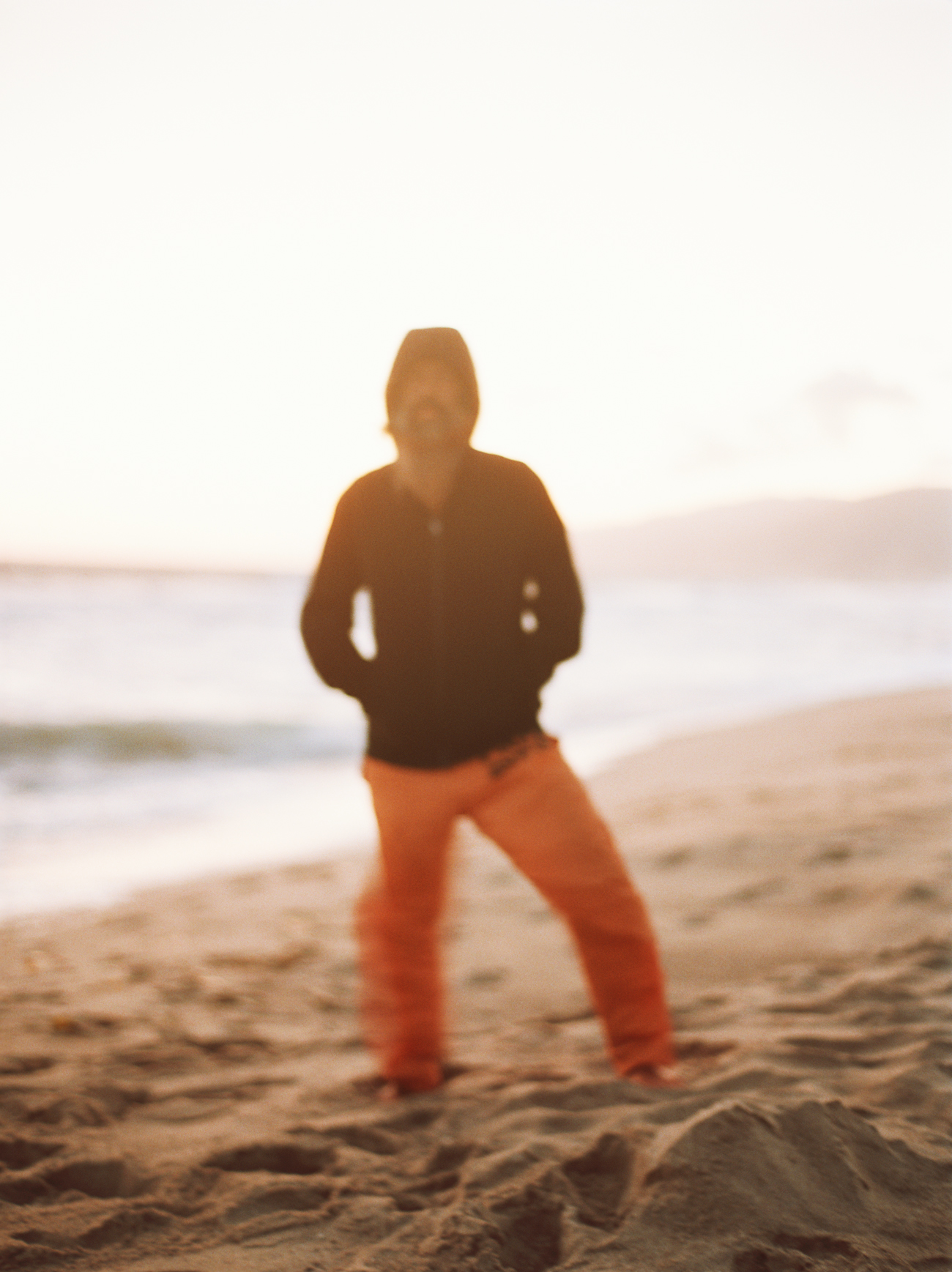Purple Magazine
— F/W 2010 issue 14
Rick Rubin
interview and photographs by ANNABEL MEHRAN
RICK RUBIN is perhaps the most important record producer of the past 25 years. His stamp on contemporary music is immeasurable. While still a student at NYU, Rubin borrowed $5,000 from his parents to start the Def Jam label with Russell Simmons. Soon he was working with the cream of the music world — Jay-Z, Johnny Cash, Neil Diamond, Slayer, Danzig, U2, the Red Hot Chili Peppers, and the Dixie Chicks, to name a few — transcending musical genres like no other producer before him. Rubin has meditated for most of his life and, with an unusual regime of exercise, has recently lost 130 pounds. Rubin’s stellar career is now the stuff of legend, but we wanted to know more about the man behind the myth.
ANNABEL MEHRAN — Where did you grow up? What kind of music were you exposed to?…
